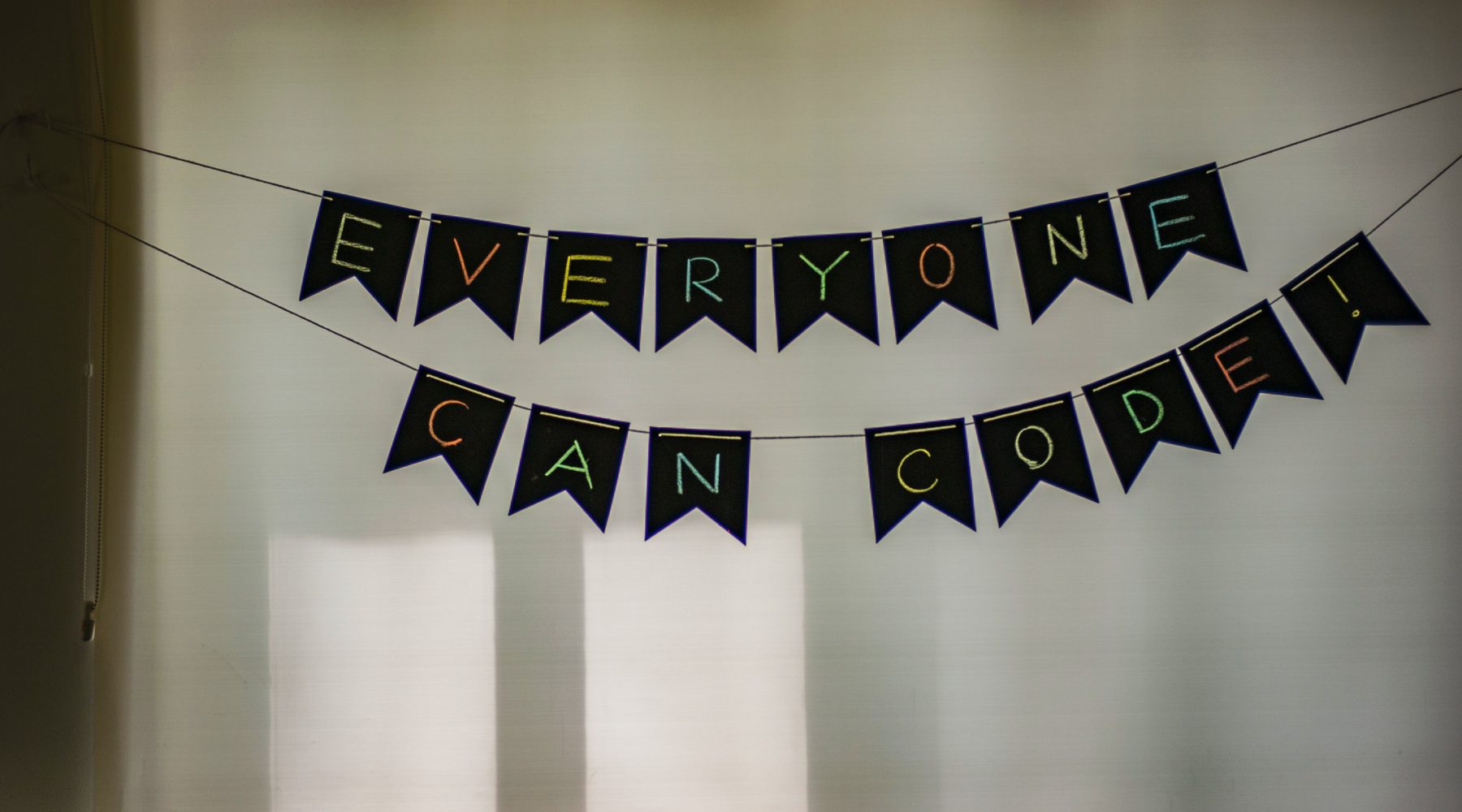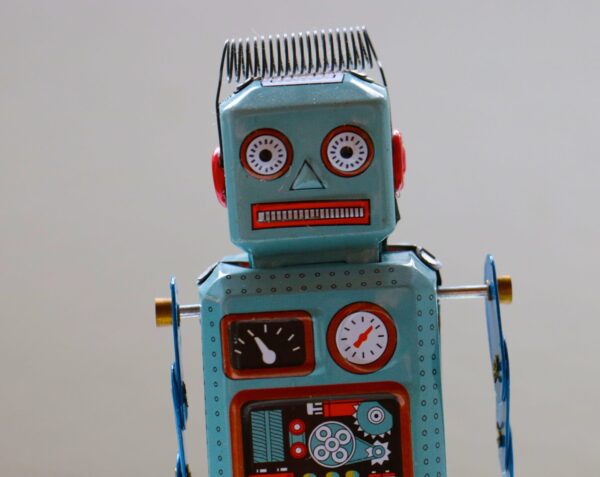Researchers work on ‘unplugged’ coding activities for preschoolers recognised

Dr Joohi Lee, a professor in the College of Education at the University of Texas, Arlington, has been recognised for her work on coding activities for children that do not involve computers or computer programming in early childhood settings, with her research recently being published in two journals of note.
“Implementing Unplugged Coding Activities in Early Childhood Classrooms,” was published in Early Childhood Education Journal. Dr Lee also authored “Coding in Early Childhood,” which was published in Contemporary Issues in Early Childhood.
Traditionally coding and programming involves planning or writing a detailed set of directions that a machine interprets and performs to accomplish a specific task. While coding activities are common in early and middle childhood learning environments, Dr Lee wanted to disseminate information which supports early childhood educators to “know and provide children with concrete experiences related to coding in ways children enjoy and understand.”
Resources on introducing young children to the basic tenets of coding in a developmentally appropriate way have been difficult to access until now, Dr Lee said, despite the “ubiquitous presence” of machines and devices operated by coding systems in the lives of children.
“This constant exposure promotes their interest in how things operate or move automatically” she said. Dr Lee addresses this deficiency in the area of early education in her research, providing appropriate guidelines for educators to use when implementing coding in their classrooms.
Although the term “coding” is relatively new in the world of early childhood education, children frequently use unplugged (or non-computer) coding in their daily lives when they use step-by-step procedures to complete a task. Educators can learn to identify these moments so they can introduce and implement coding in their classrooms, she said.
Before introducing coding activities with young learners, educators should ensure children are familiar with directional words (up, down, left, right, beside, under and so on) and sequential words (first, next, then) and combinations of both.
They should also understand those words in a space including a grid, as this knowledge will provide a foundation for when they eventually transition to plugged-in activities, Dr Lee emphasised.
“Starting with children’s routines or daily life experiences is an efficient way to help them become familiar with coding and do it themselves,” Dr Lee said.
The two pieces of research have been linked in the opening paragraph.
Popular

Quality
Practice
Provider
Research
Workforce
Honouring the quiet magic of early childhood
2025-07-11 09:15:00
by Fiona Alston

Policy
Practice
Provider
Quality
Workforce
Minister Jess Walsh signals urgent action on safety and oversight in early learning
2025-07-11 08:45:01
by Fiona Alston

Workforce
Policy
Quality
Practice
Provider
Research
The silent oath: Why child protection is personal for every educator
2025-07-17 09:00:31
by Fiona Alston











